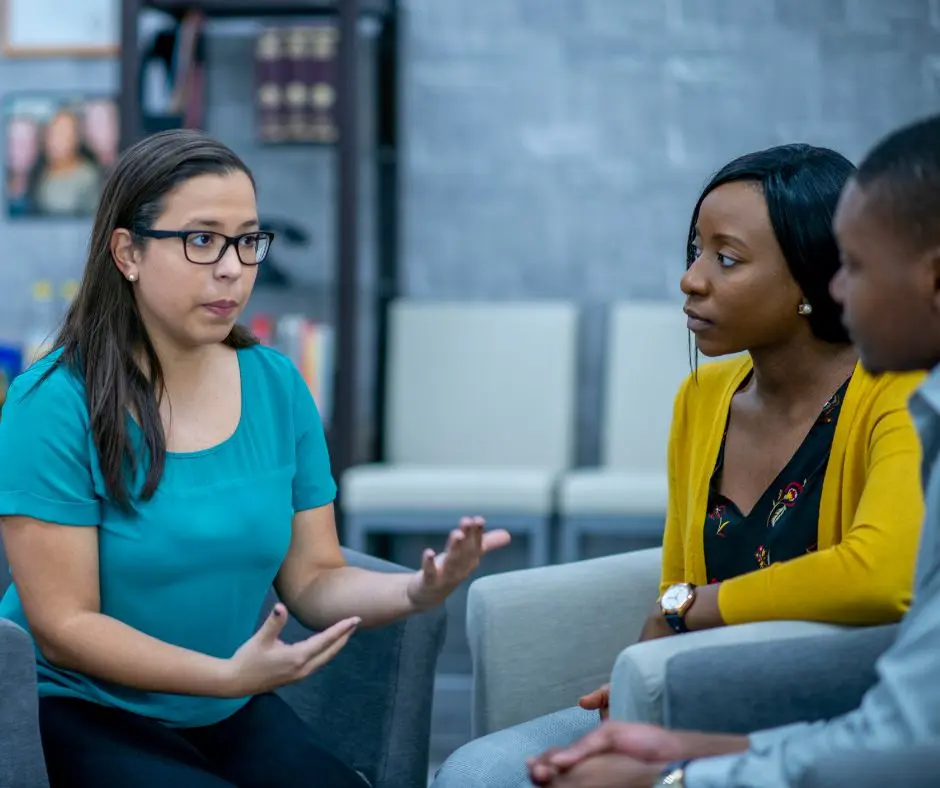When a couple believes their marriage may be ending, they may decide to try marriage counseling before initiating divorce.
However, it can be hard to predict if seeing a counselor will make any difference in repairing the relationship, raising the question: Is it worth it to go to marriage counseling before filing for divorce?
Under the right circumstances, marriage counseling can be a transformative process that helps the couple relate to one another and strengthens their connection. However, the effectiveness of the experience depends on both people’s willingness to work on the relationship.

If you and your spouse are on the same page about trying to remain married, counseling is probably going to be a good choice. Marriage counselors frequently begin the process by asking each person if they want to stay together.
Sometimes, one partner will be surprised when the other answers no. If both people are not committed to working through the issues with the common goal of remaining a couple, marital therapy will not be productive or useful, and it may be best to move forward with the divorce.
A husband or wife who wants a divorce and has no intention of reconciliation may agree to go to therapy. This is often done to show their spouse that they tried everything, and the marriage is truly over.
Sometimes this is helpful, and the other spouse can finally accept this decision and move toward divorce with more resignation and a willingness to actually discuss the issues that need resolution. Sometimes the pain associated with rejection can lead to adversarial consequences in the divorce. But generally speaking, we almost always suggest counseling before filing, especially if the parties have never tried it before.
There are ways in which divorcing couples can use other therapeutic processes as they go through their divorce case. For instance, the Collaborative Divorce model involves both parties working with specially trained attorneys and other disciplines such as mental health professionals to end their relationship in a non-adversarial, empathetic, and equitable manner.
During the divorce, each party may have a divorce coach to assist each of them with their emotions and provide support and insight into the process. Additionally, some couples are able to use a divorce coach or counseling to help them understand one another and amicably end their relationship, and to learn how to better co-parent going forward.










